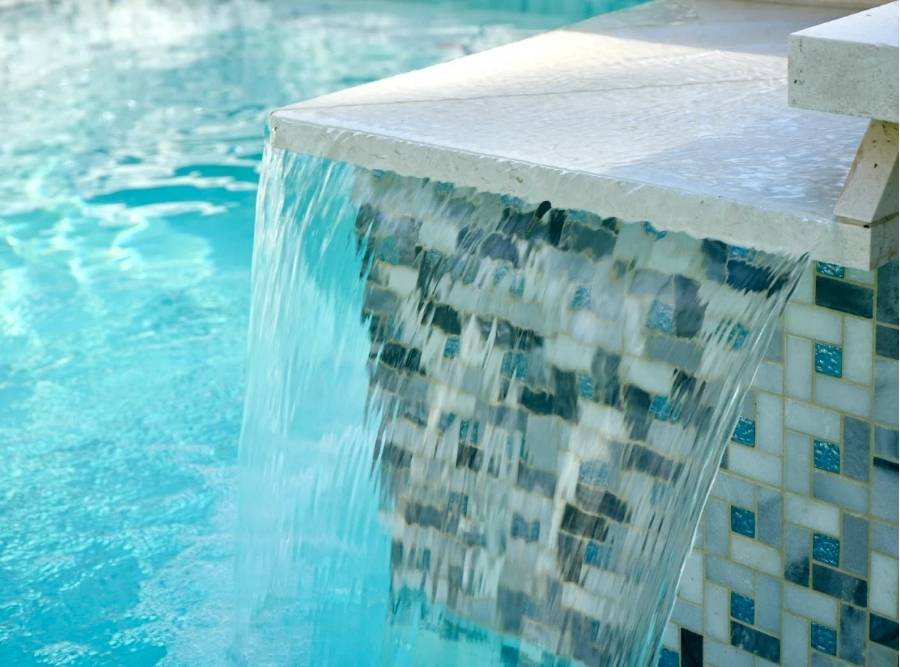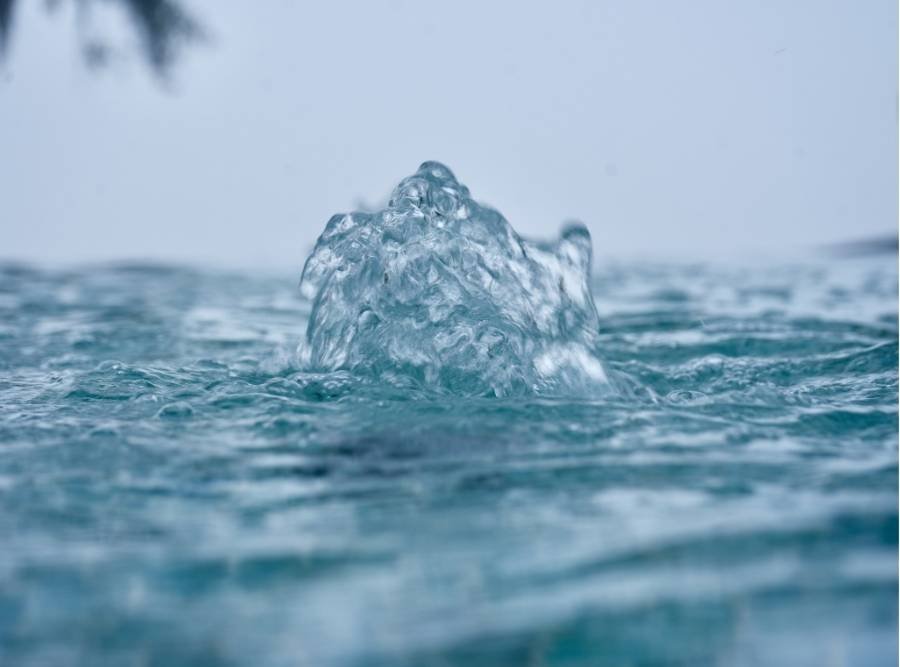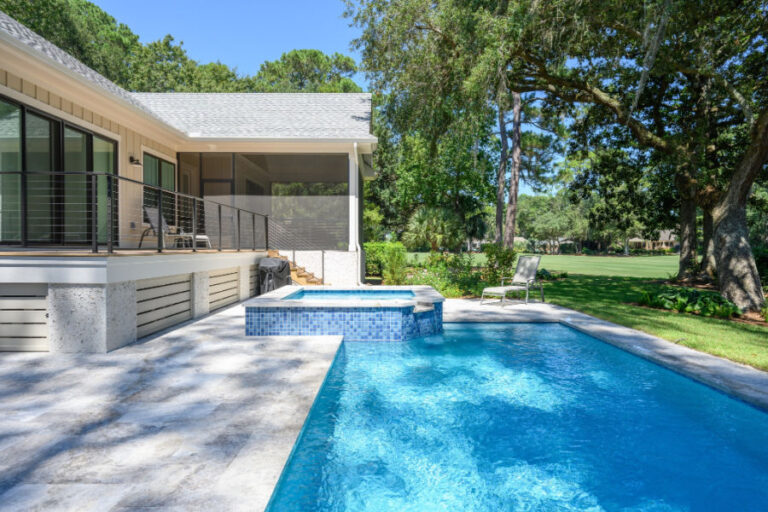Winterizing Pools in South Carolina’s Mild Climate: What You Still Need to Do
There’s a certain stillness that falls over the Lowcountry in winter. The cicadas quiet, the humidity thins, and for a few fleeting months, Hilton Head feels almost gentle. That’s when most pool owners make the same mistake—they assume winter is a break. It isn’t. It’s a reprieve, yes, but not a hall pass.
Mild winters don’t mean your pool goes dormant. They mean the rules change. The water slows, chemistry lingers longer, and equipment coasts—but the coast itself never truly rests. Salt air still drifts in, cold snaps still surprise, and neglect still accumulates quietly.
The Myth of the “No-Winter” Pool
Southern pools have a reputation for being maintenance-free after Thanksgiving. It’s a myth born from envy. Compared to the Northeast or Midwest, sure, we’ve got it easy—but “easy” is not “nothing.” A pool left untouched through a Hilton Head winter won’t freeze solid; it’ll stagnate. Chlorine fades, algae hibernate just long enough to ambush you in spring, and pump seals dry out like forgotten citrus rinds.
The smarter approach is gentle vigilance—light, regular care that keeps the system breathing.
Chemistry That Slows, But Doesn’t Stop
Cold water plays by different rules. Chlorine lasts longer, pH drifts slower, and bacteria go sluggish. But the ocean’s salt air never sleeps, and organics still find their way in. You don’t need the summer schedule—but you do need rhythm.
- Test monthly for chlorine, pH, and alkalinity. Cold water holds residuals, but too much neglect leads to spring chaos.
- Shock lightly after big rains or heavy debris events; chlorine demand spikes when the weather turns damp.
- Brush occasionally. Algae love to settle in winter’s quiet corners. A quick sweep keeps them from staging a comeback.
Think of it as slow jazz instead of rock and roll—fewer notes, same precision.
The Equipment That Still Needs Movement
Water that sits grows stale, and equipment that sits breaks. Your pump, heater, and filter don’t crave idleness; they crave circulation.
Even in January:
- Run the system at least once a day for 30–60 minutes to keep water moving and seals lubricated.
- If your system includes freeze protection, make sure it’s active—Hilton Head gets a handful of freeze nights each year, and they’re the ones that crack pipes and impellers.
- Cover your pool electronics or control panels if they face salty winds. Moisture sneaks in through the smallest seams.
Machines, like people, resent neglect more than they resent effort.
The Cover Question
Do you cover your pool in a mild climate? That depends on your patience. A cover keeps out leaves, pollen, and the occasional raccoon’s midnight swim, but it also traps humidity—an invitation for mildew. If you choose to cover:
- Keep the surface dry to avoid sag and algae bloom.
- Tighten straps before big blows; our coastal gusts can turn covers into sails.
- Check weekly for puddles or abrasions. A well-tended cover saves cleaning time come March.
For uncovered pools, a robotic cleaner or diligent skimming routine works just as well—just don’t let debris compost on the floor.
When the Cold Actually Bites
Every few winters, Hilton Head gets that one night where the air stings and the thermometer flirts with freezing. That’s when complacency costs you.
If a hard freeze warning hits:
- Run the pump overnight. Flowing water resists freezing better than still.
- Open valves so water moves through every line.
- Disconnect fragile fittings—above-ground lines, vac hoses, anything plastic and exposed.
- Never drain your pool “just in case.” Remember the water table—an empty shell is a buoyant one.
It’s not overkill; it’s insurance. The next morning, when the frost melts off the palms, you’ll be glad you took twenty minutes instead of paying thousands.
The Late-Winter Reset
By February, the air warms and the sun lingers longer. That’s your cue to wake things up slowly. Check filters for clogs, clear baskets, and retest everything. Early spring algae blooms start invisible and end up expensive. A small pre-emptive shock or algaecide dose can prevent a green March.
This is also a good time for a professional inspection. A technician can spot the early corrosion, brittle O-rings, or unbalanced salt cells that winter hides. Catching them now makes April easy.
A Southern Kind of Winter Care

Winterizing in South Carolina isn’t about closing down—it’s about staying tuned in. The best pool owners here don’t cover and forget; they observe and adjust. They treat the off-season like slow maintenance instead of a full stop.
The reward? When spring slides in and the azaleas start to bloom, you won’t be scraping scale or fighting cloudy water. You’ll be swimming before your neighbors even realize it’s warm again.
Because in the Lowcountry, the weather never really quits—it just changes its rhythm. And your pool, like you, is better off when it keeps moving to the beat.




